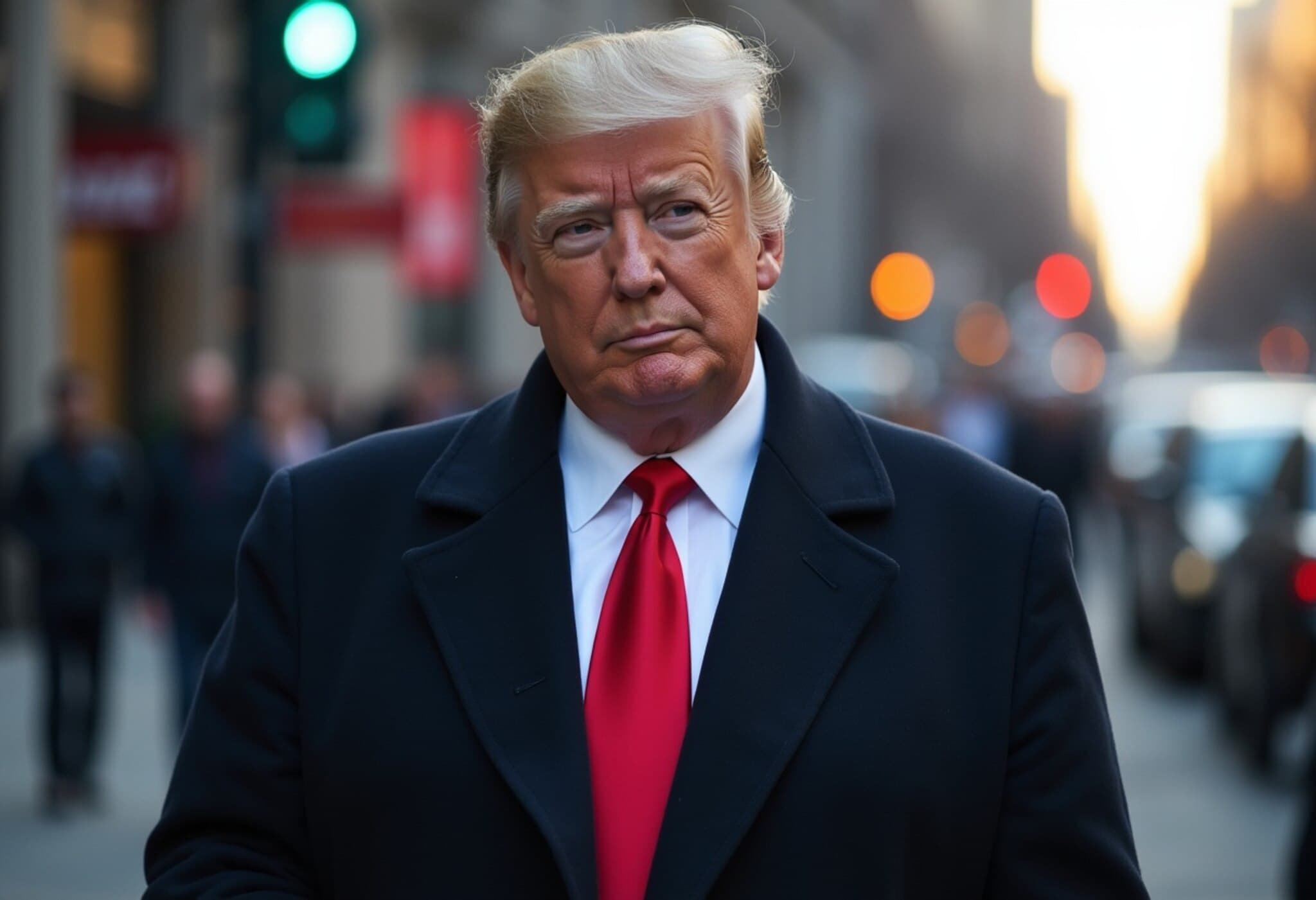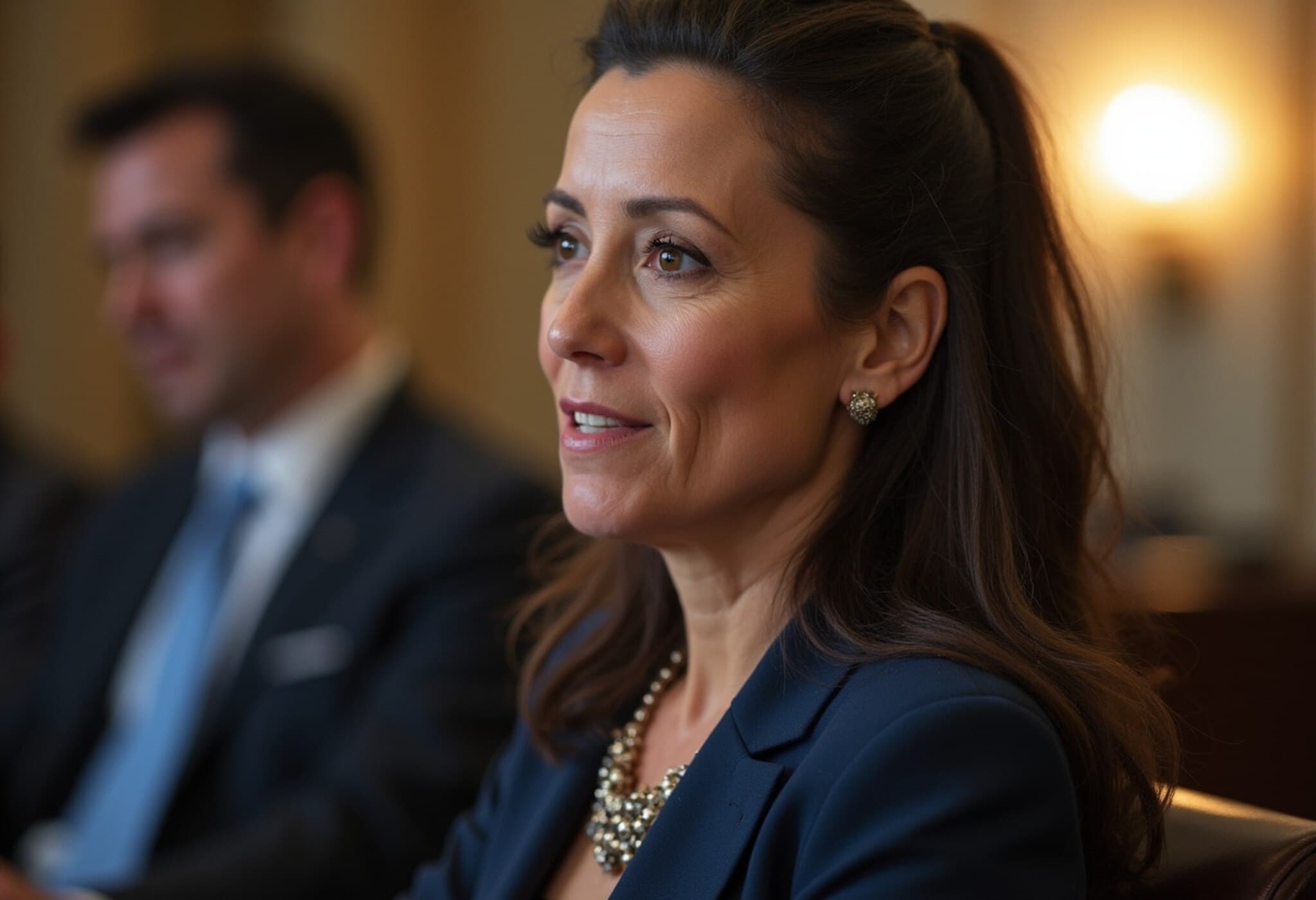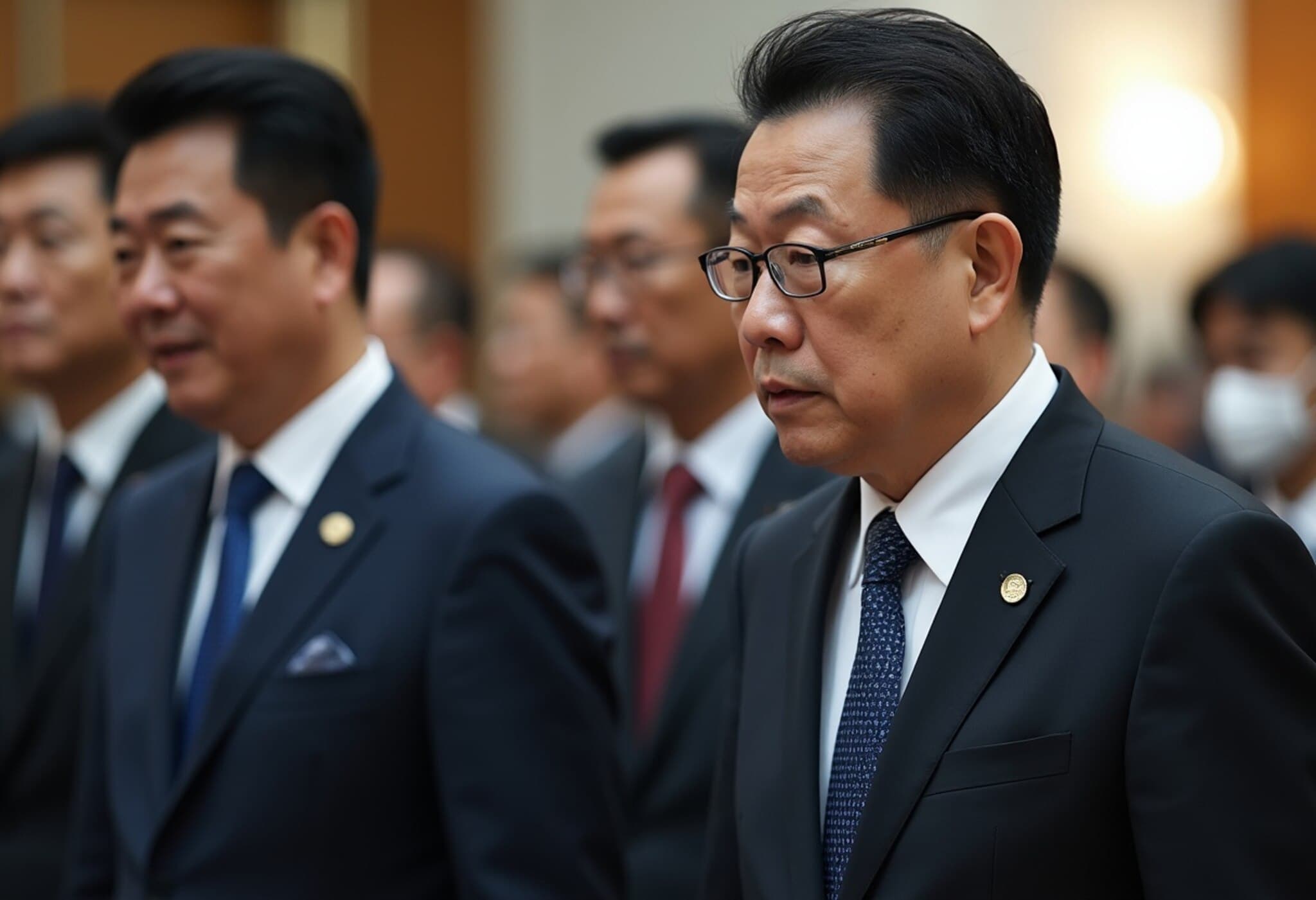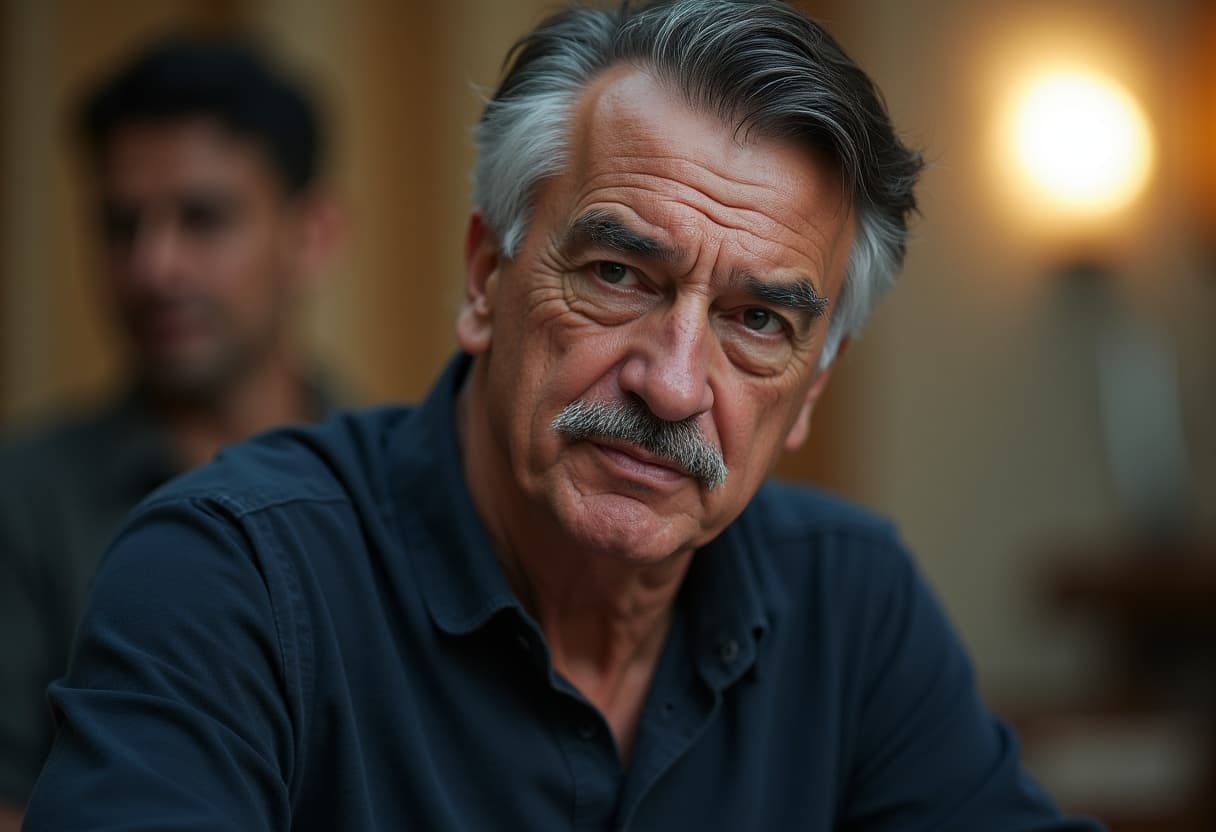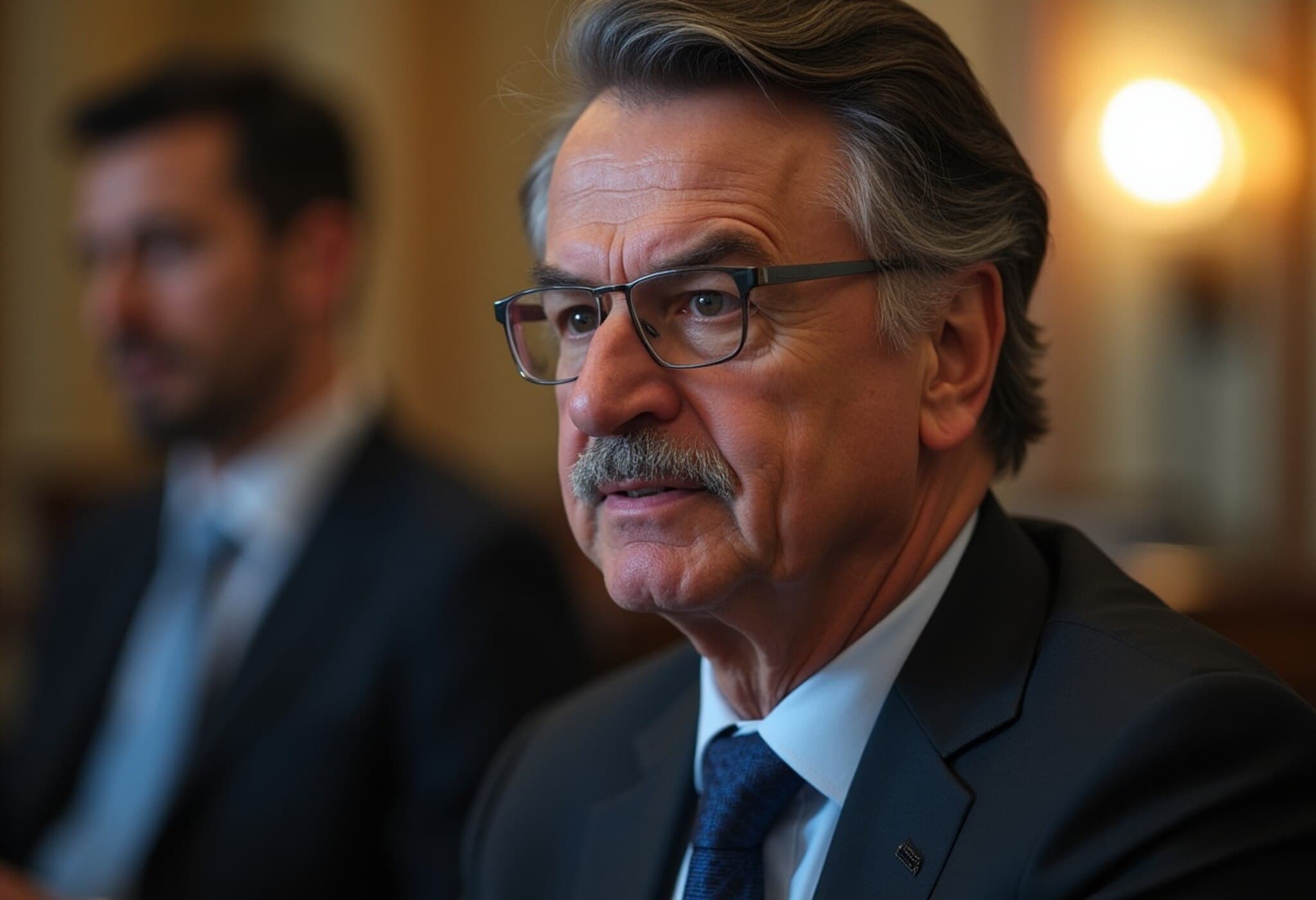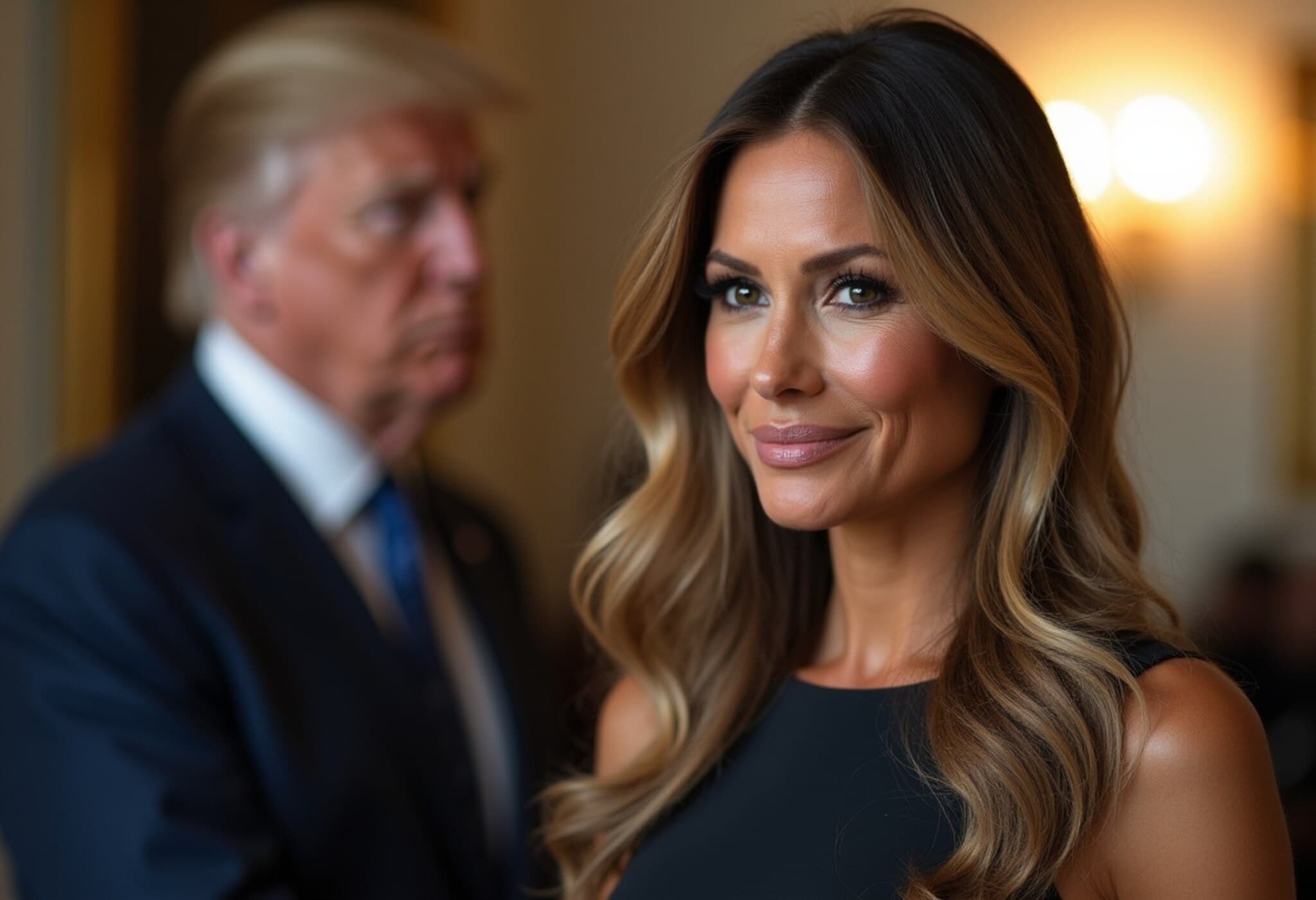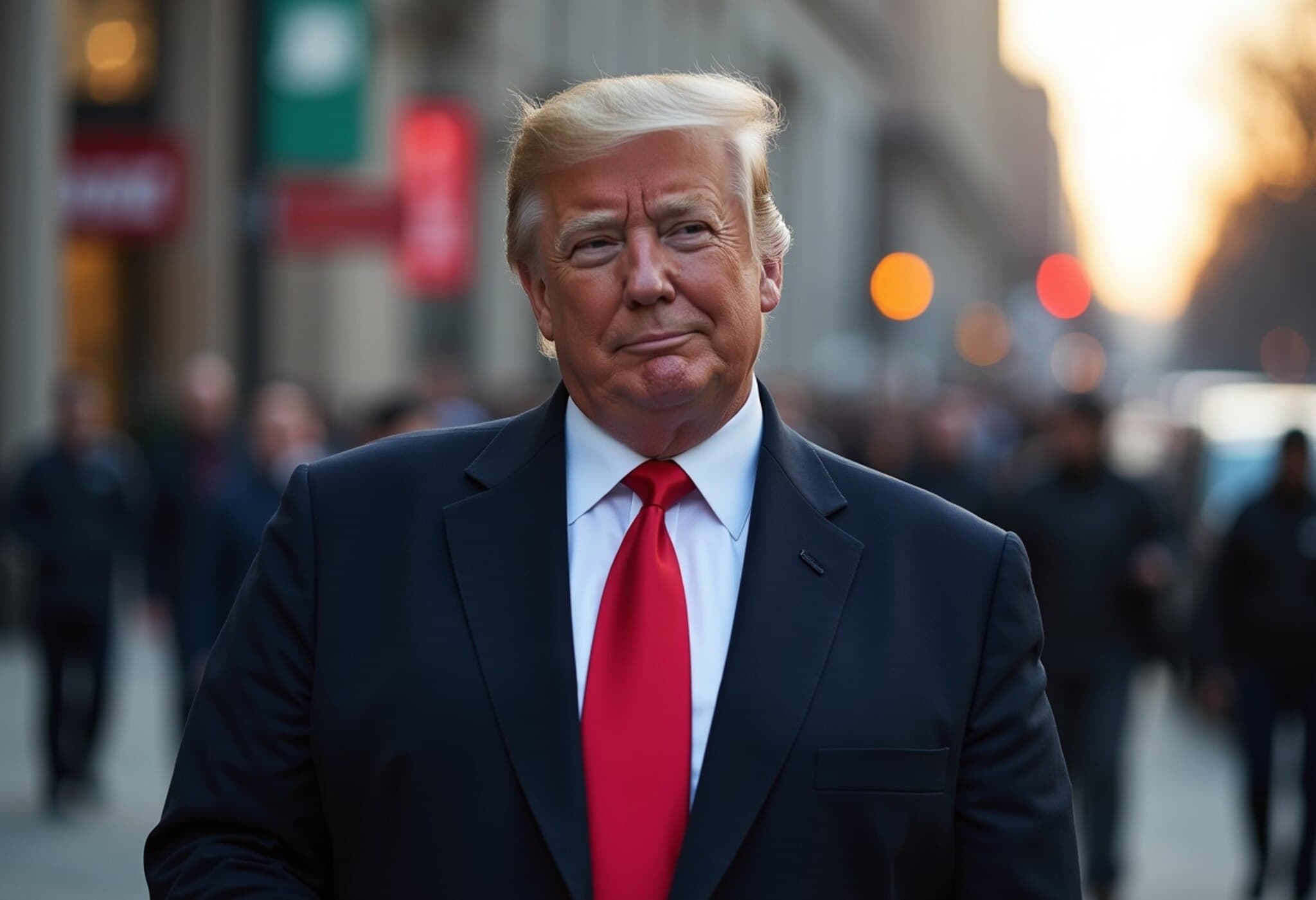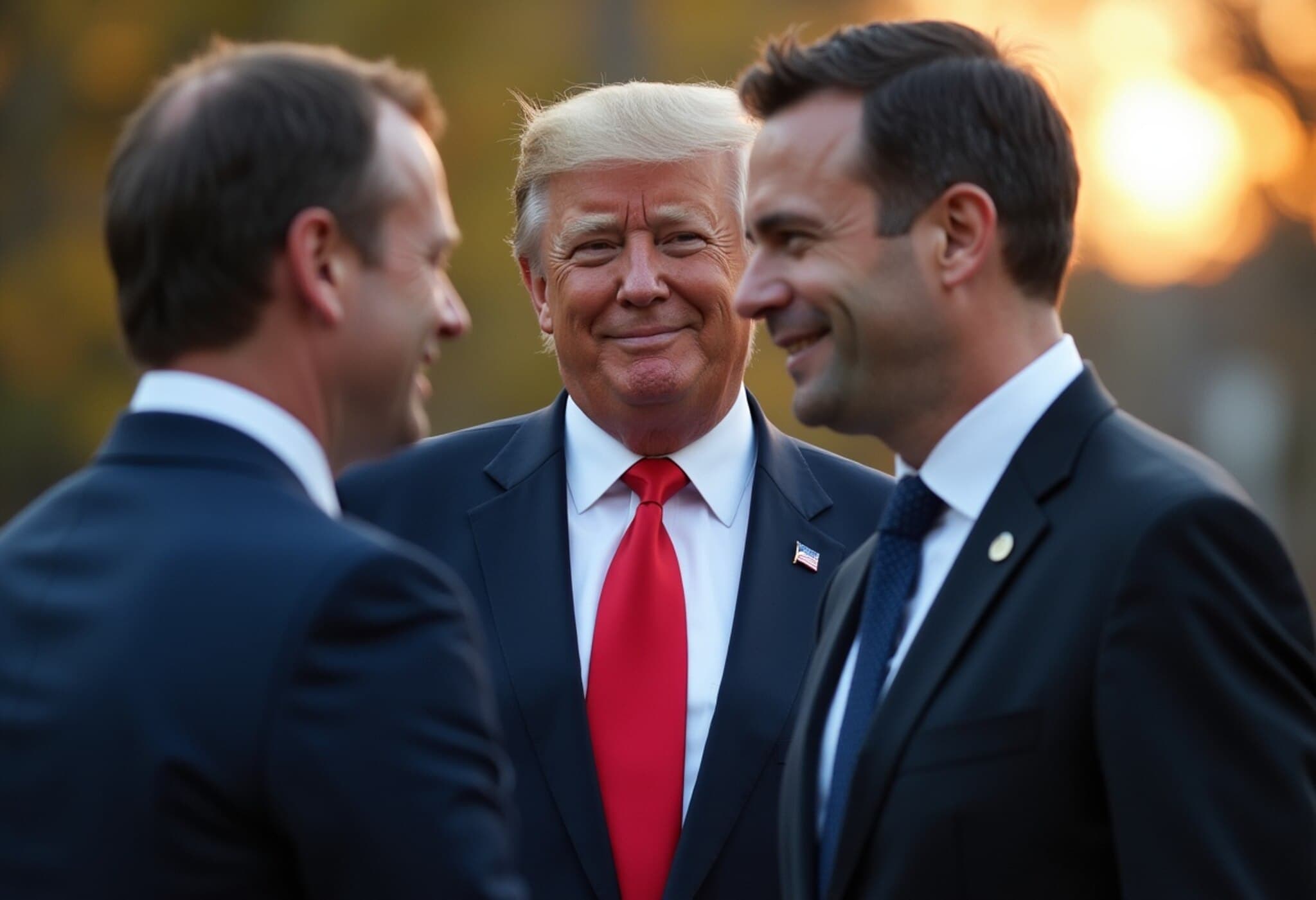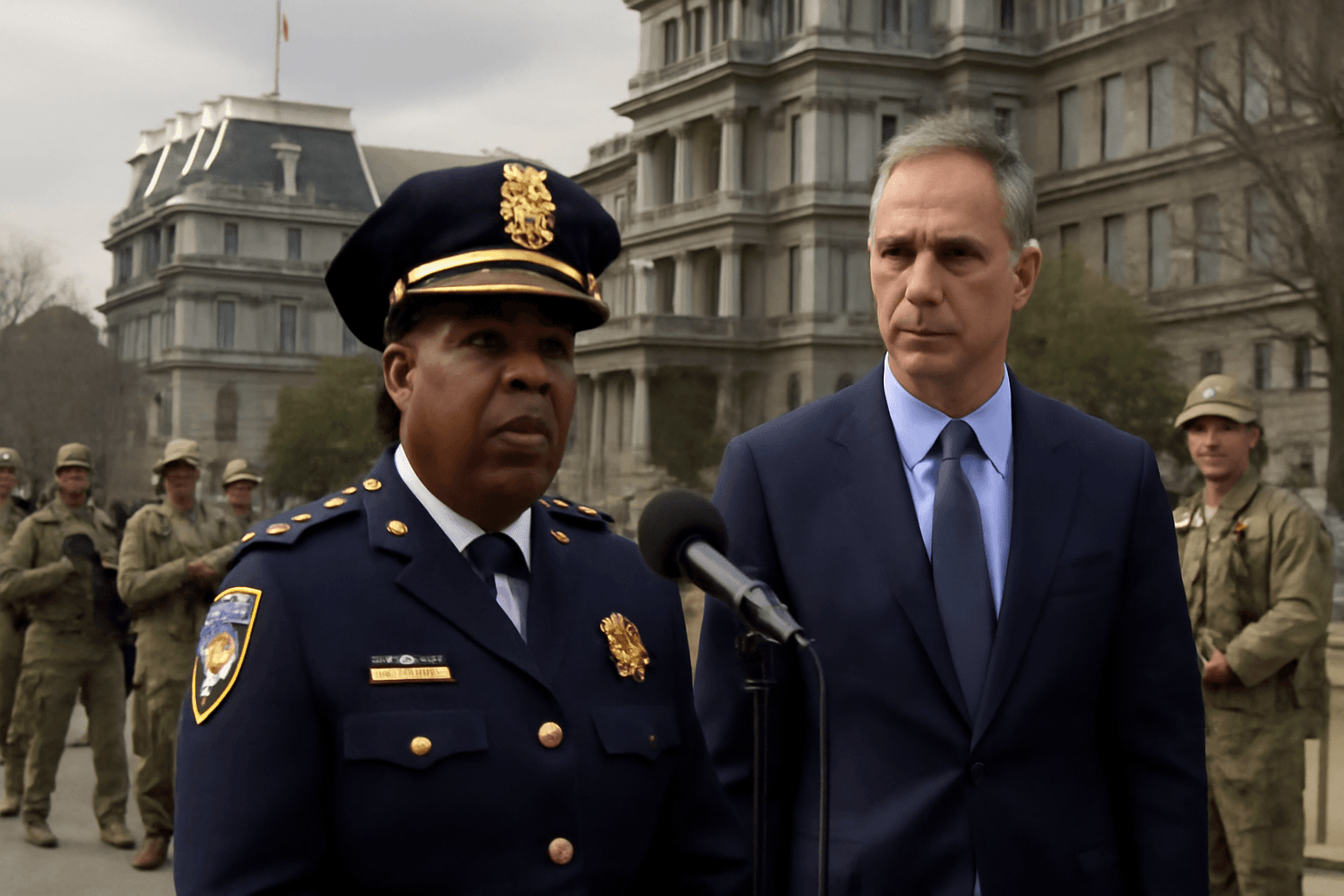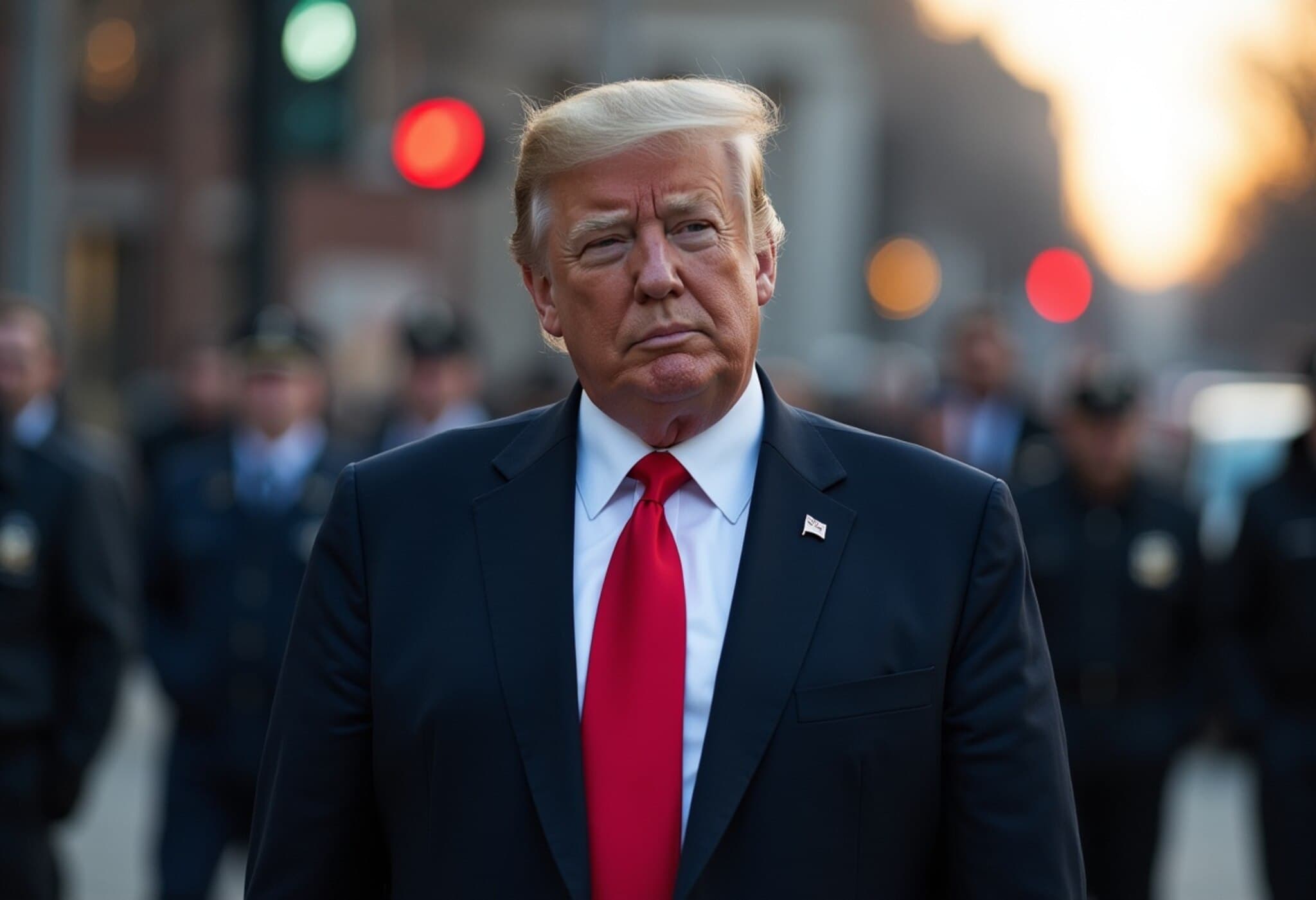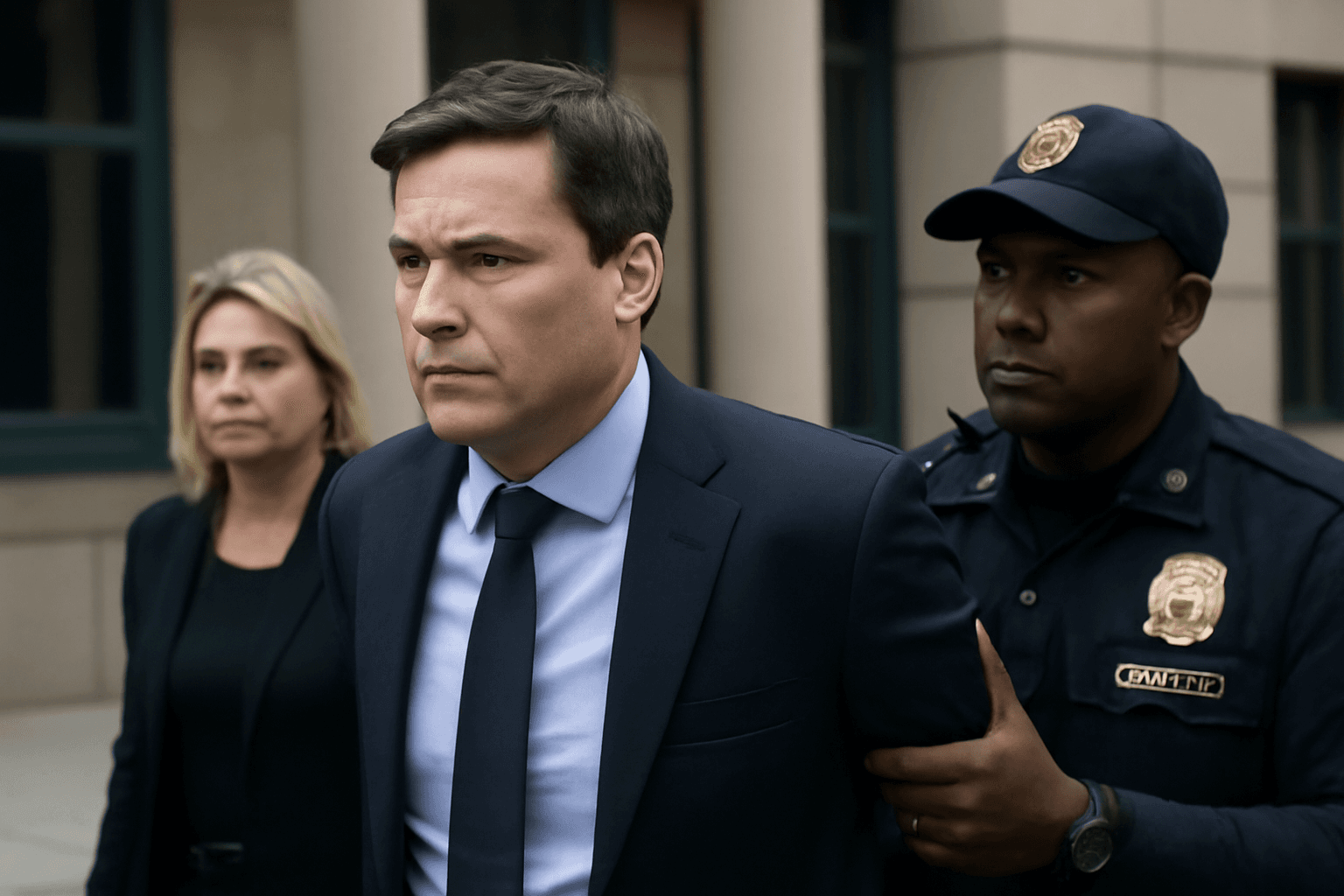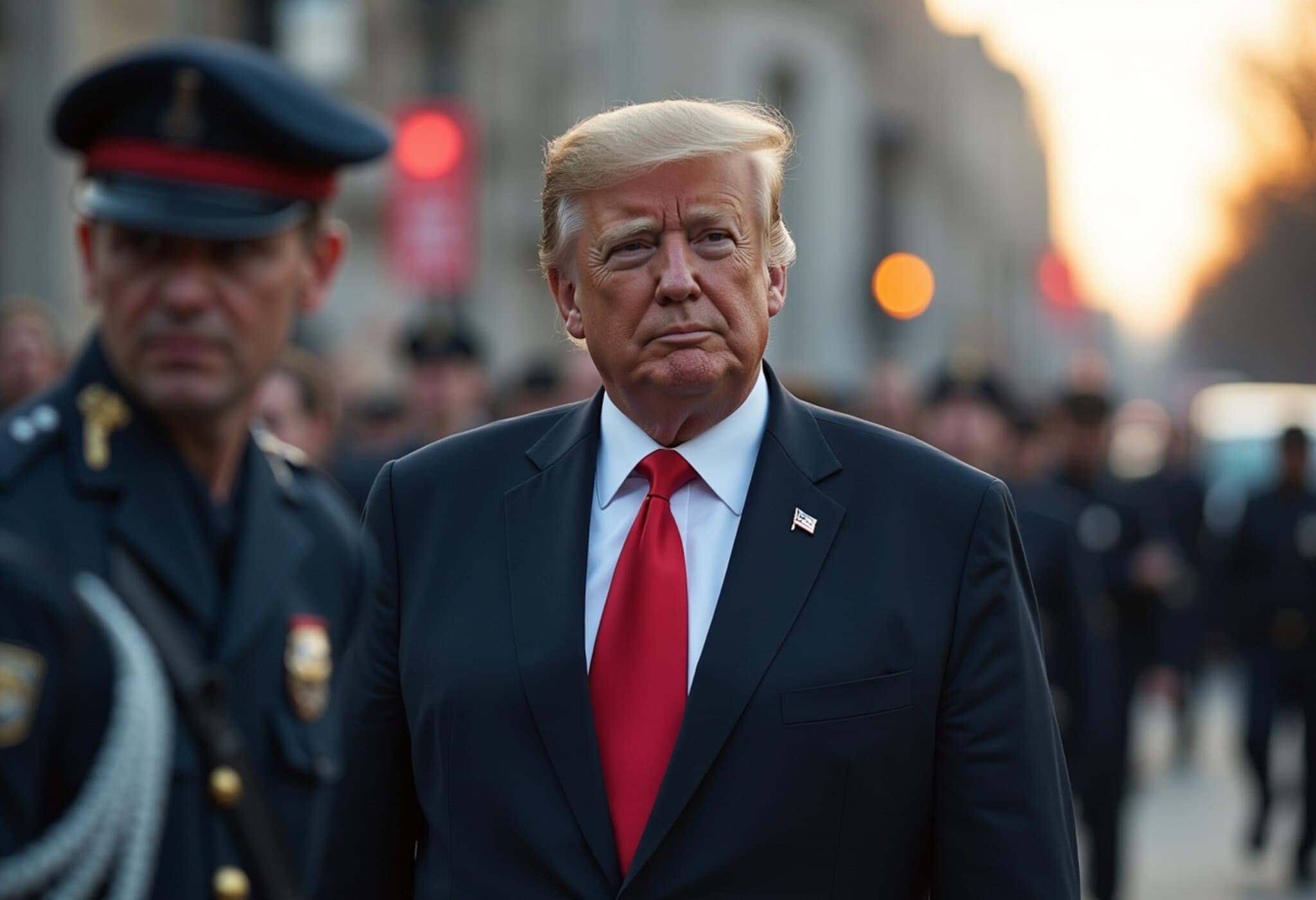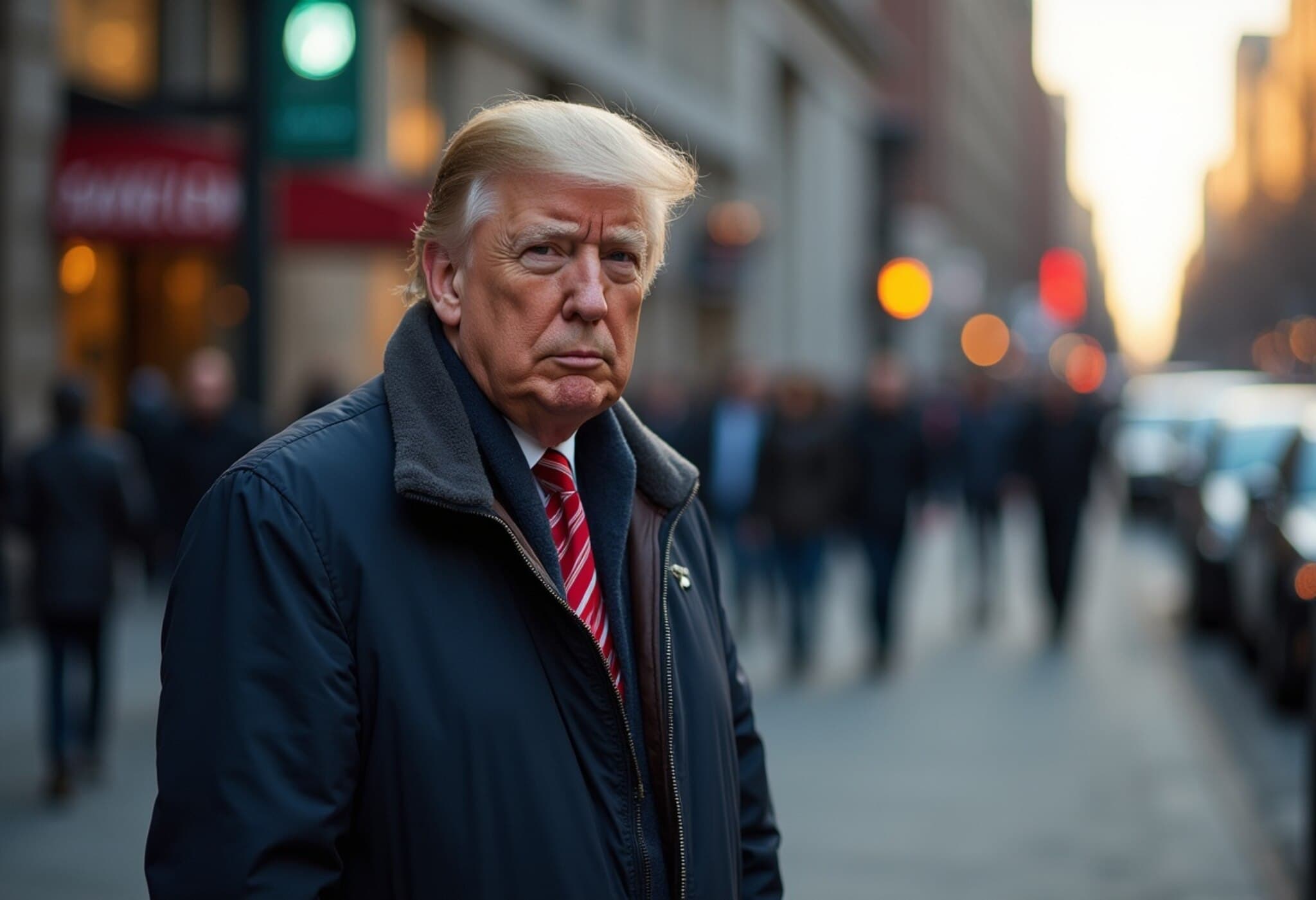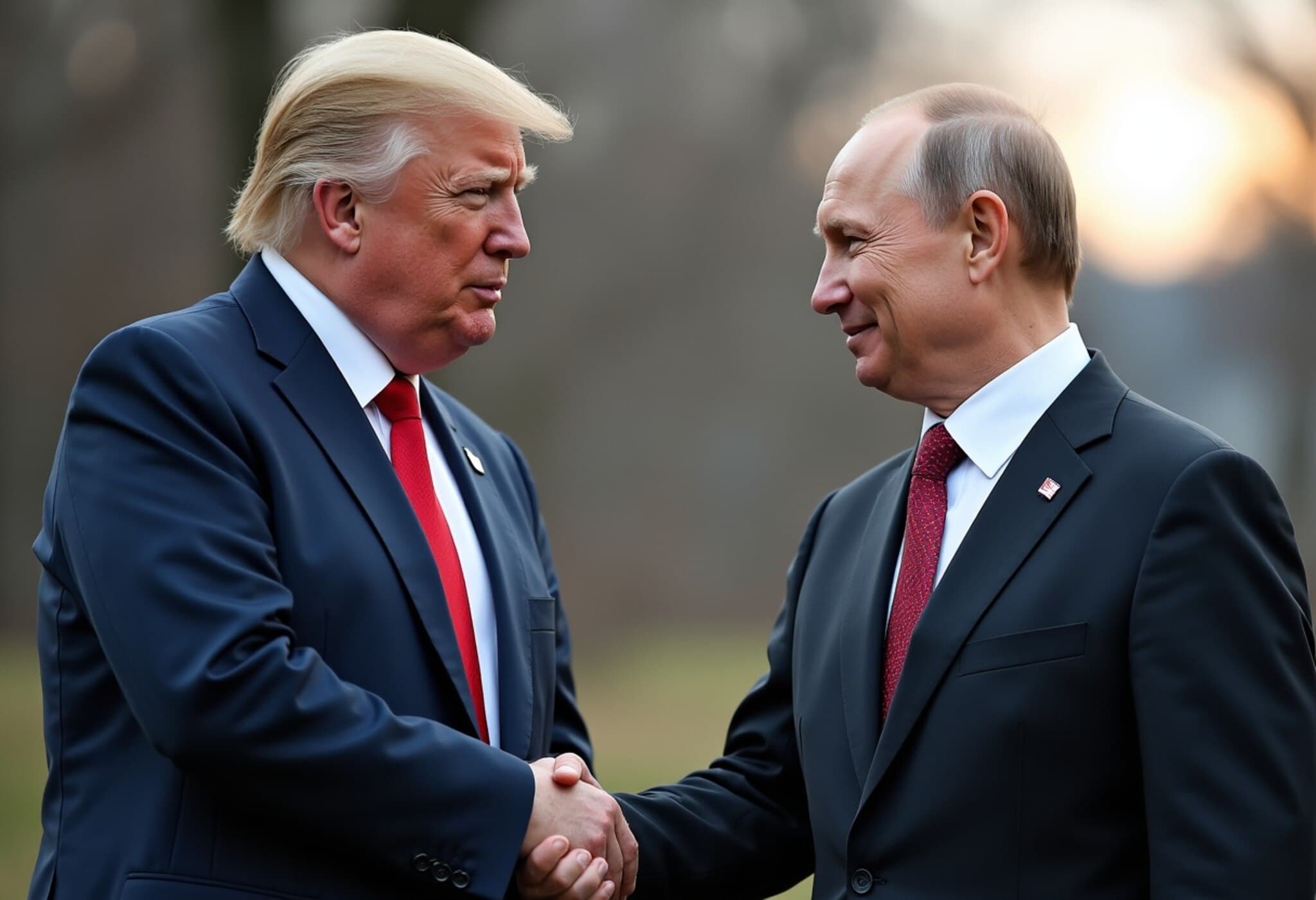Washington, D.C. Challenges Trump’s Federal Takeover of Local Police
In a bold legal move underscoring tensions between federal authority and local governance, Washington, D.C.'s Attorney General Brian Schwalb filed a lawsuit against former President Donald Trump, aiming to reverse his unprecedented attempt to seize control of the city’s Metropolitan Police Department (MPD). The suit, filed on Friday, asserts that Trump’s actions violate the District’s right to self-governance and risk public safety.
Background: A Controversial Executive Order
Earlier this week, Trump issued an executive order demanding D.C. Mayor Muriel Bowser temporarily cede control of the MPD to federal authorities. This maneuver, invoking a rarely-used provision of the Home Rule Act—a 52-year-old statute outlining the District's governance—sought to extend federal control beyond the standard 30-day limit prescribed by law.
Trump justified the order as a response to escalating violent crime, despite official data indicating a significant decline in crime rates in the city. He also mobilized approximately 800 National Guard troops to the capital in support of these measures.
Legal Challenge: Defending the District’s Autonomy
AG Schwalb's lawsuit challenges both the executive order and related federal actions, including an order from U.S. Attorney General Pam Bondi requiring D.C.'s police chief to transfer command to U.S. Drug Enforcement Administrator Terry Cole. Schwalb condemned these actions as "brazenly unlawful," emphasizing they not only overreach presidential authority but also undermine the democratic principle of Home Rule.
"This is an affront to the dignity and autonomy of the 700,000 Americans who call DC home," Schwalb said. "Our office will fight to protect our city’s governance and ensure MPD remains accountable to Washingtonians, not to federal operatives." Mayor Bowser has echoed this stance, asserting that local police leadership is "not legally obligated" to comply with Bondi's federal directive.
Broader Implications: Federalism and Public Safety at Stake
This legal confrontation shines a spotlight on complex issues of federalism, the balance of power, and policing in the nation’s capital. As the seat of the federal government, D.C. occupies a unique constitutional position without full statehood status, making its self-rule precarious and often vulnerable to congressional or executive intervention.
Experts warn that federal takeover of local law enforcement risks diluting community trust and hindering efforts to address crime through localized, community-informed policing strategies. The aggressive federal intervention also raises questions about precedent for future interactions between local jurisdictions and federal authorities nationwide.
What’s Next?
- The lawsuit seeks to vacate Bondi’s order and block any future federal efforts to command the Metropolitan Police.
- It requests a judicial declaration that Trump’s executive order violates the U.S. Constitution, particularly the separation of powers.
- Defendants named include Trump, Pam Bondi, the Department of Justice, the Drug Enforcement Administration, and the U.S. Marshals Service.
CNBC has reached out to the White House and the Department of Justice for comment on the ongoing dispute.
Expert Commentary
Legal scholars highlight that this case could define the contours of federal and local authority over policing, especially in politically sensitive jurisdictions like Washington, D.C. The case may also impact how emergency powers are interpreted and limited under the Home Rule Act, which has rarely been tested in courts.
Moreover, this clash reflects broader national debates about law enforcement, public safety, and the limits of executive power—issues resonating deeply in communities across the country.
Editor's Note
As tensions escalate around governance and law enforcement control in Washington, D.C., this lawsuit underscores the delicate balance between federal oversight and local autonomy. It invites readers to consider: At what point does federal intervention infringe on a community’s right to self-determination? And how can cities maintain public safety without sacrificing democratic governance? This story serves as a critical case study of these enduring questions in American federalism.

